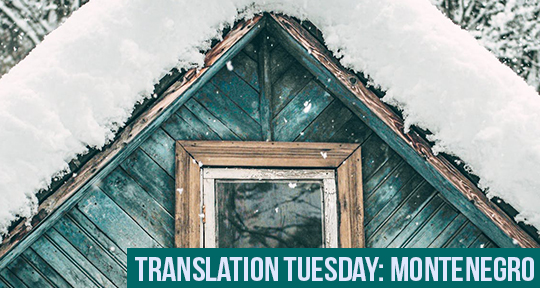One day, as I was undergoing yet another round of torture from the secret police in the infamous Palestine Branch, I cried out: “Abdullah al-Daliyah!” Abdullah al-Daliyah is one of our Alawite ancestors, a saint whose name the men from my village invoke to this day when they’re in dire straits. The man torturing me suddenly stopped and yanked off my blindfold. With a wild-eyed stare, he demanded: “Who are you?”
I kept quiet, since in the opposition we were strictly forbidden ever to disclose our names. He shouted in agitation: “Say something! Are you Bassam?”
I nodded. Turning away, he marched around the interrogation room, then closed the door and continued pacing up and down without looking at me. Finally he wheeled around and asked, his eyes full of tears: “Don’t you know me?”
I shook my head. After ten years, he was unrecognizable. With a sigh, he bowed his head. “I’m Abdullah . . . ”
Occasionally, one comes across circumstances so unbelievable they can only be engineered by fate. Coming in at No. 9 in our countdown of the most-read articles of 2025, this poignant piece of nonfiction follows Syrian political activist Bassam Yousuf (tr. Katherine Van de Vate) as he reflects on his relationship with a childhood friend, Abdullah. In this essay featured in our Summer 2025 issue, Yousuf traces their parallel paths as he sides with the political opposition, and Abdullah with the Assad regime—a choice that culminates in their bitter reunion. The title gives it away: “When I looked into the face of my torturer . . . I recognized my old school-friend.”




